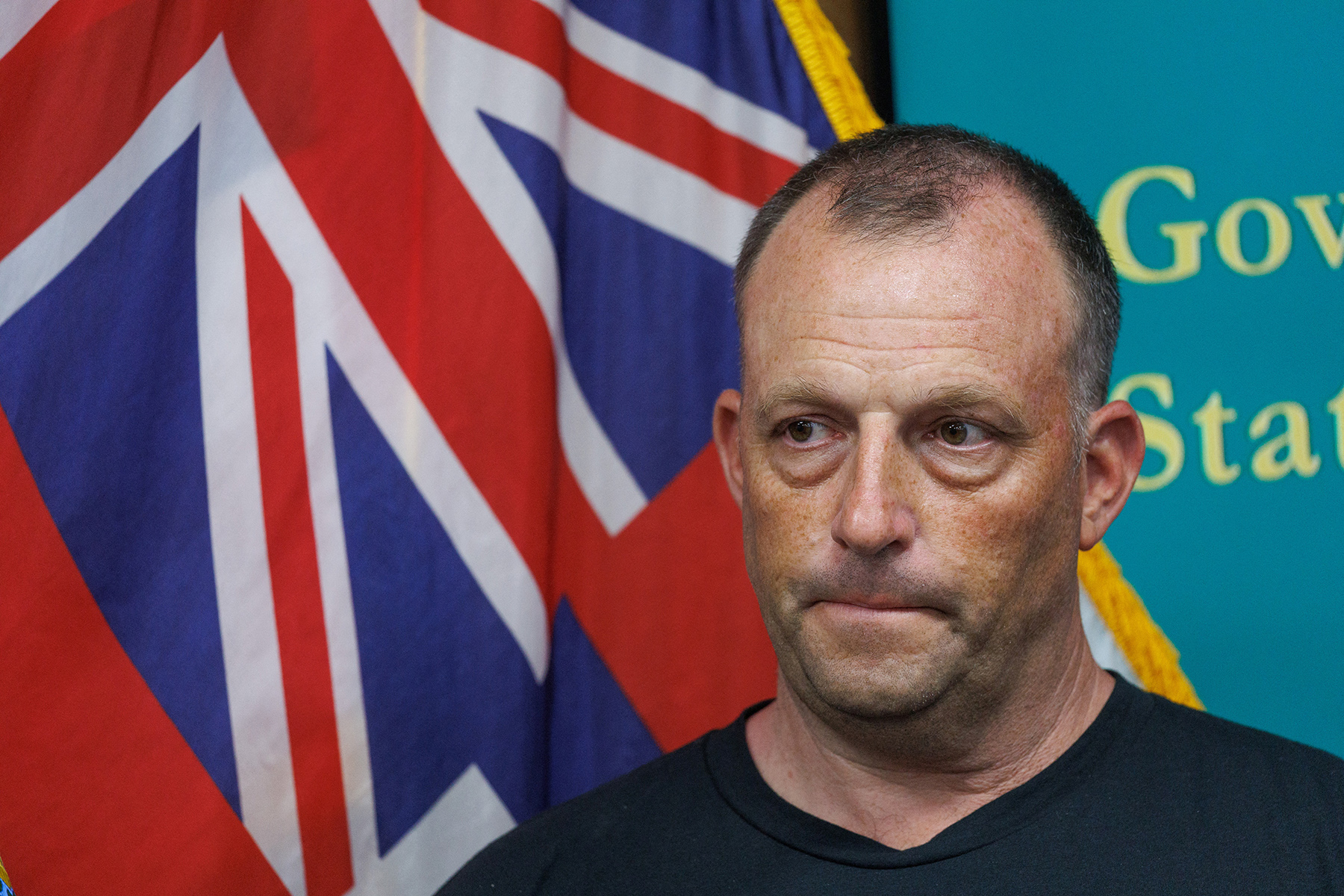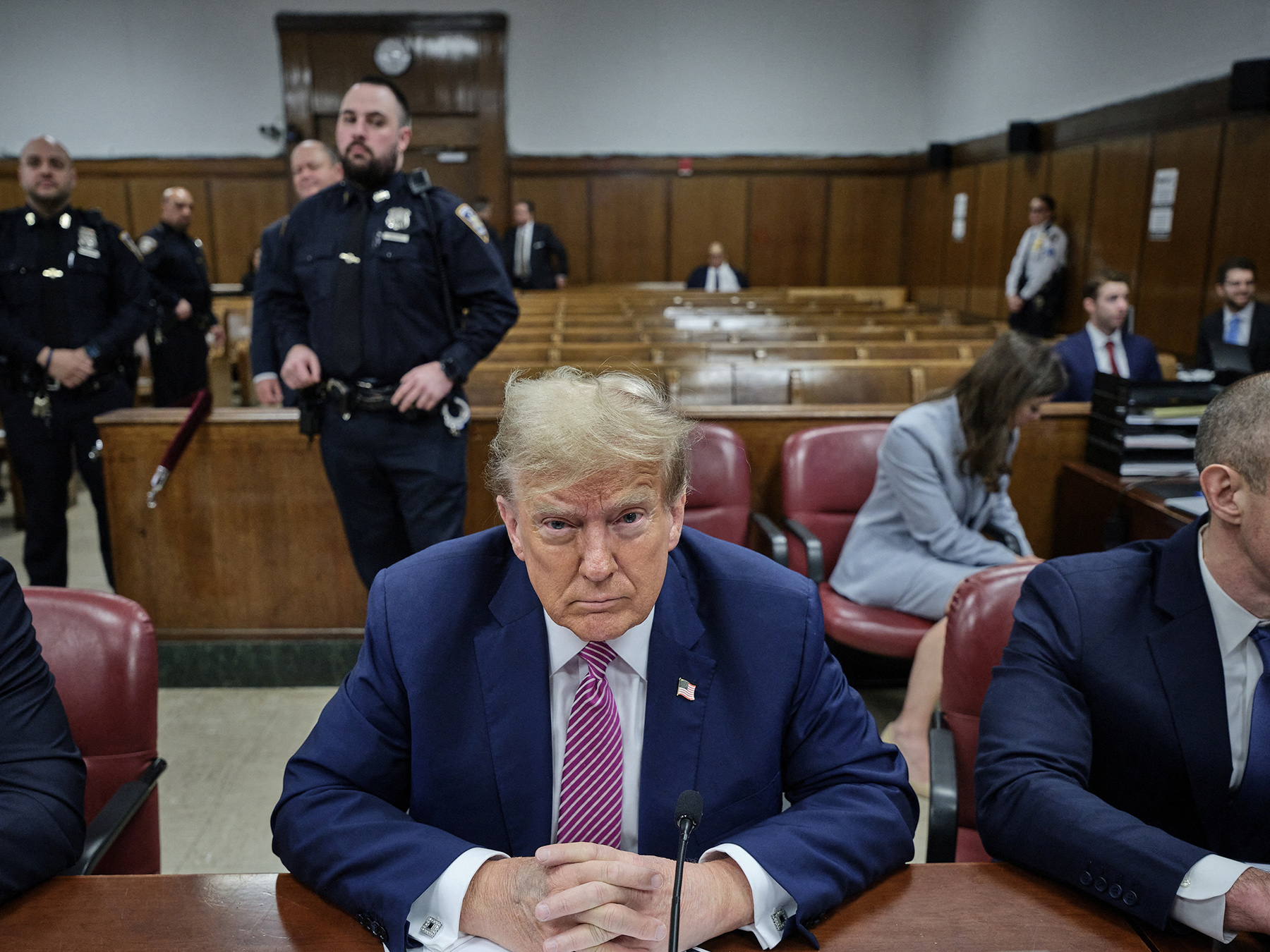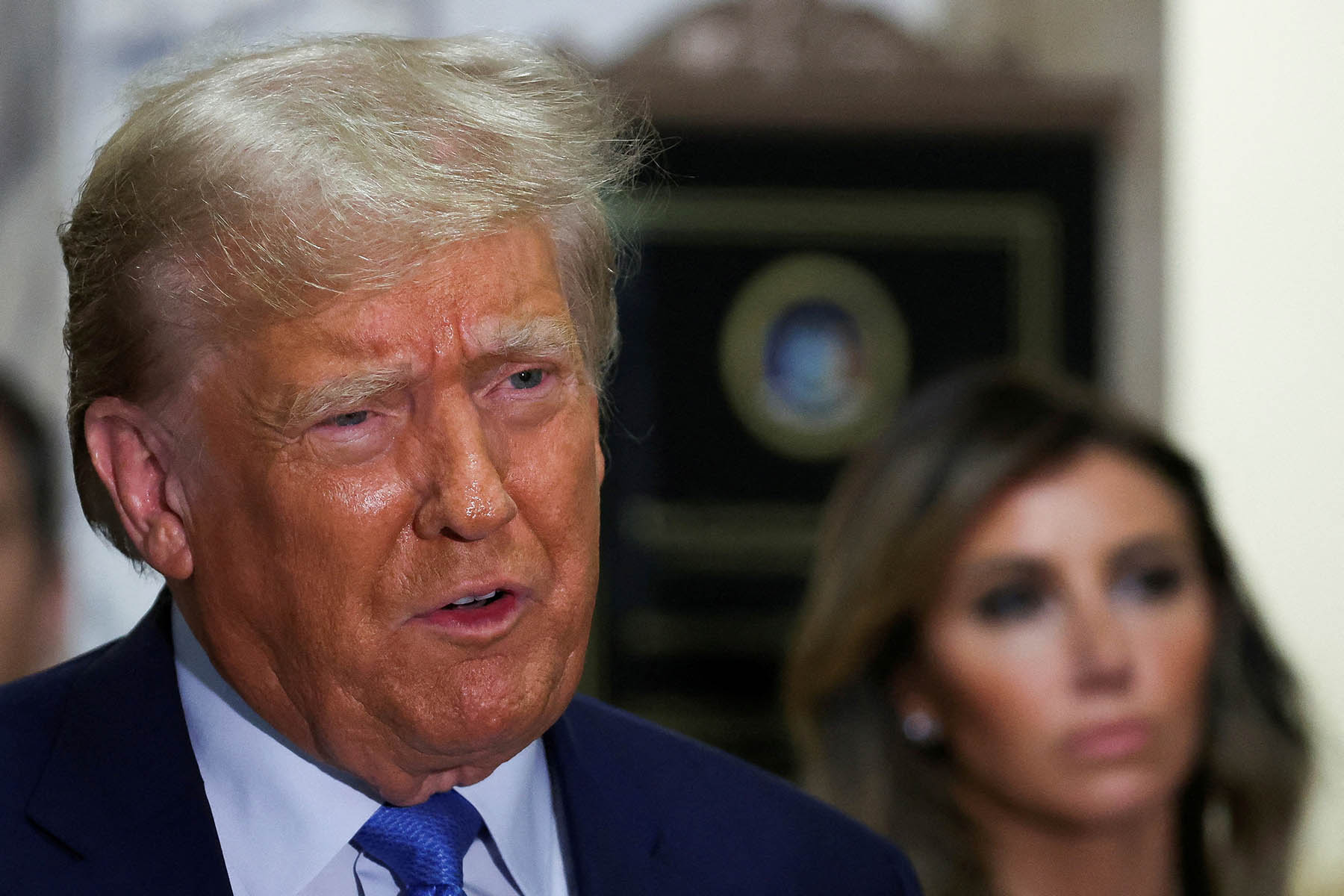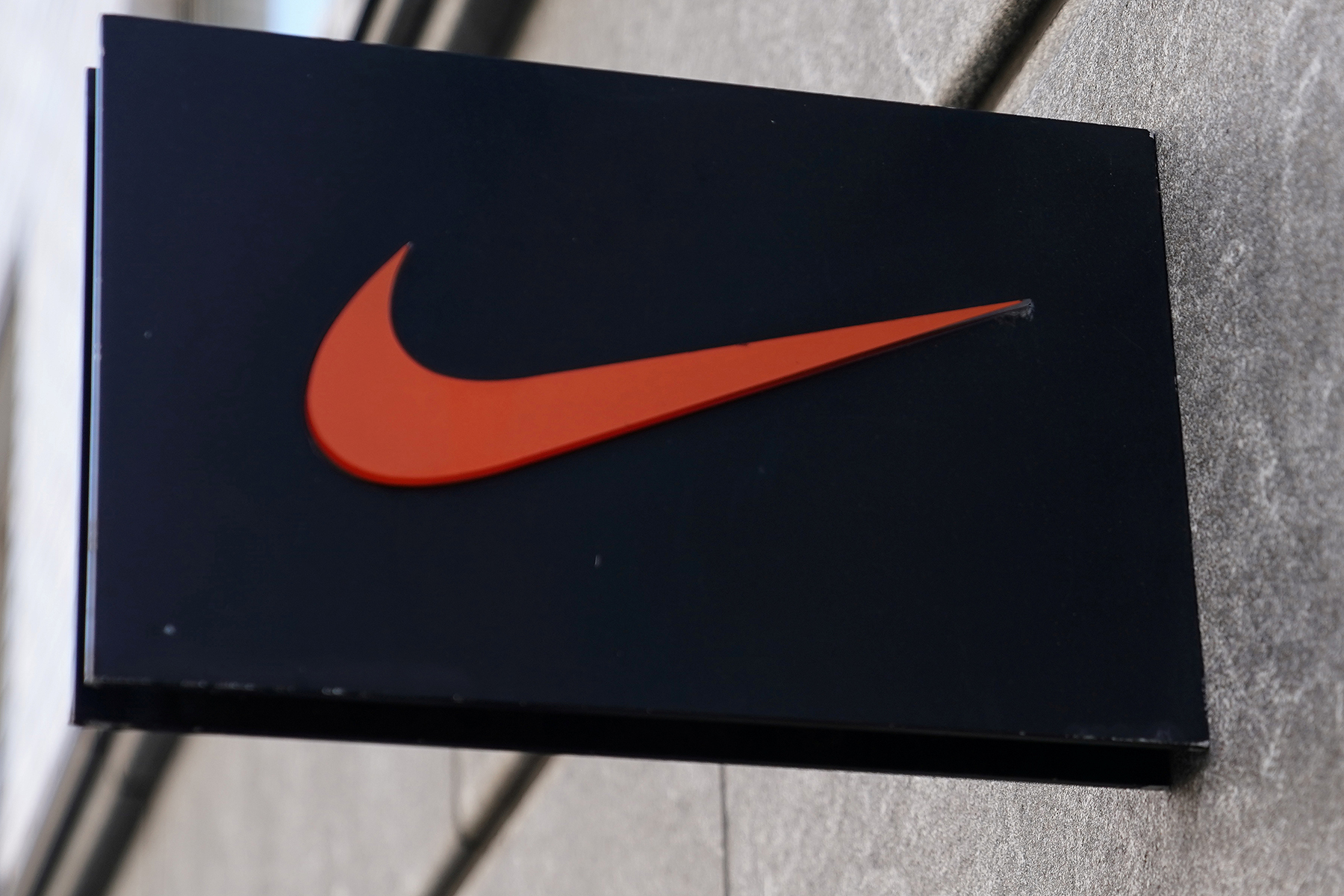By Soraya Ferdman
In a break with a decades-long tradition of not interfering with its student publication, in August 2020 administrators at Westside High School in Omaha, Nebraska announced that they would be enforcing a prior review policy.
The enforcement came after a student edited the newspaper’s Twitter bio to include an inappropriate hashtag about a district member. Although students claim the hashtag was posted by an unauthorized person and they removed it in less than an hour, it prompted Westside’s Superintendent Mike Lucas to look for ways to monitor the student newspaper more closely.
Since then, student journalists at Westside Wired have found it difficult to publish timely, relevant news stories.
“We’ve had one of the best, most professional journalism programs in the country during the time I’ve been in high school, and to see students scared to write stories because they don’t know if they’ll see the light of day is incredibly disheartening,” Will Eikenbary, a Westside Wired staff writer, said. He and other students at the newspaper say the approval process has led to a pattern of student reporters avoiding sensitive topics.
Westside journalism students say they have met with administrators multiple times to discuss the damaging effects of the prior review policy, its superintendent, Mike Lucas believes the rule is necessary to uphold journalistic standards. In an email to Westside High School students, staff, and parents sent on February 10th, Lucas said the policy did not explicitly require the approval of school administrators, but rather of the school’s journalism advisor.
“Articles should not flow from students straight to building administrators like many of them have been. Instructors need to own their program’s content and can send to the administration only if they feel they need help and support,” Lucas wrote.
Lucas further elaborated on the district’s policy, and stated that the prior review process didn’t violate students’ First Amendment rights. “School-sponsored student publications, productions, and activities are part of the educational program and are not public forums. The superintendent or designee may prevent or restrict publication and production of materials or other student expression where such would be inconsistent with the District’s educational mission or for any valid educational purpose or reason, including but not limited to the standards and objectives set forth in board policies,” he wrote.
In response to Lucas’ email, Eickbary and his colleague, Ramya Iyer, wrote an op-ed criticizing the prior review policy and asking for greater editorial independence. “To say that Westside Journalism, an award-winning program, would be unable to uphold journalistic standards without administration reading its stories is offensive, as shown by the accolades it has accumulated over the past few years,” Eickbary and Iyer wrote.
The journalism advisers approved of the editorial and sent it to the administration on February 10th for prior review. On February 12th, Lucas and the Assistant Principal told the advisors that they couldn’t publish the op-ed, leading one of the advisors to send in his resignation.
“I resigned because of a year-long assault on student speech and press rights at Westside. I disagree and I refuse to be associated with a district who chooses prior review over the power and possibility inherent in student voices,” Jerred Zegelis said in an interview with the Student Press Law Center.
Though the administration eventually backtracked and allowed the op-ed to go through on February 17th, the incident did little to assure students that their writing would not be censored in the future.
Over 30 Years of Hazelwood
Unfortunately, it is fairly easy for high school administrators to censor student publications due to a Supreme Court ruling in Hazelwood School District v. Kuhlmeier (1983). The case involved a high school principal who was sued by students after removing two articles from a school newspaper. In a 5-3 decision, the court sided with the principal on the grounds that the school could restrict school-sponsored speech, including newspapers and plays, so long as the decision was motivated by “legitimate pedagogical concerns.”
Mike Hiestand, a senior legal counsel at Student Press Law Center, said the standard gives administrators wide discretion to censor speech that should be protected.
“Hazelwood basically turned Tinker upside down by carving out an exception for school-sponsored speech,” Hiestand said, referring to Tinker v. Des Moines (1969), a landmark Supreme Court ruling that extended First Amendment protections to public school students. In Tinker, the courts limited the school’s ability to censor students unless they were able to prove that their speech would lead to a “substantial disruption.” Today, Tinker remains a major shield for students against administrative censorship.
So why did the court approach the Hazelwood decision so differently? The court reasoned that while Tinker had involved armbands that students made themselves, Hazelwood involved a paper that received school funding. “The standard for determining when a school may punish student expression that happens to occur on school premises is not the standard for determining when a school may refuse to lend its name and resources to the dissemination of student expression,” Justice Byron White wrote for the majority.
For the last 32 years, Hiestand has been working to undo the Hazelwood standard and expand the First Amendment rights of high school students. In addition to providing legal help to students, his team has also helped students lobby their state legislatures to pass “New Voices” legislation. States that pass the bill would ensure that students who work for school-sponsored publications have the same First Amendment protections as professional journalists.
“It’s going to take time to change the court standard, but that doesn’t mean states can’t give student journalists those rights in the meantime,” Heistand said.
So far, 14 states have passed versions of the New Voices bill, and another 12 state legislations are currently considering them. One of those states is Nebraska, and student journalists for Westside Wired, including Eikenbary, have testified in support of them.
“I would really love to see Westside journalism given public forum status like it was, in practice, for almost the last 50 years. If Westside was made into a true public forum, by the Tinker standard, they would be removed from the liability for student mistakes that they seem to be so concerned about. It’s beneficial for everyone involved,” Eikenbary said in an email to First Amendment Watch.
Tags




